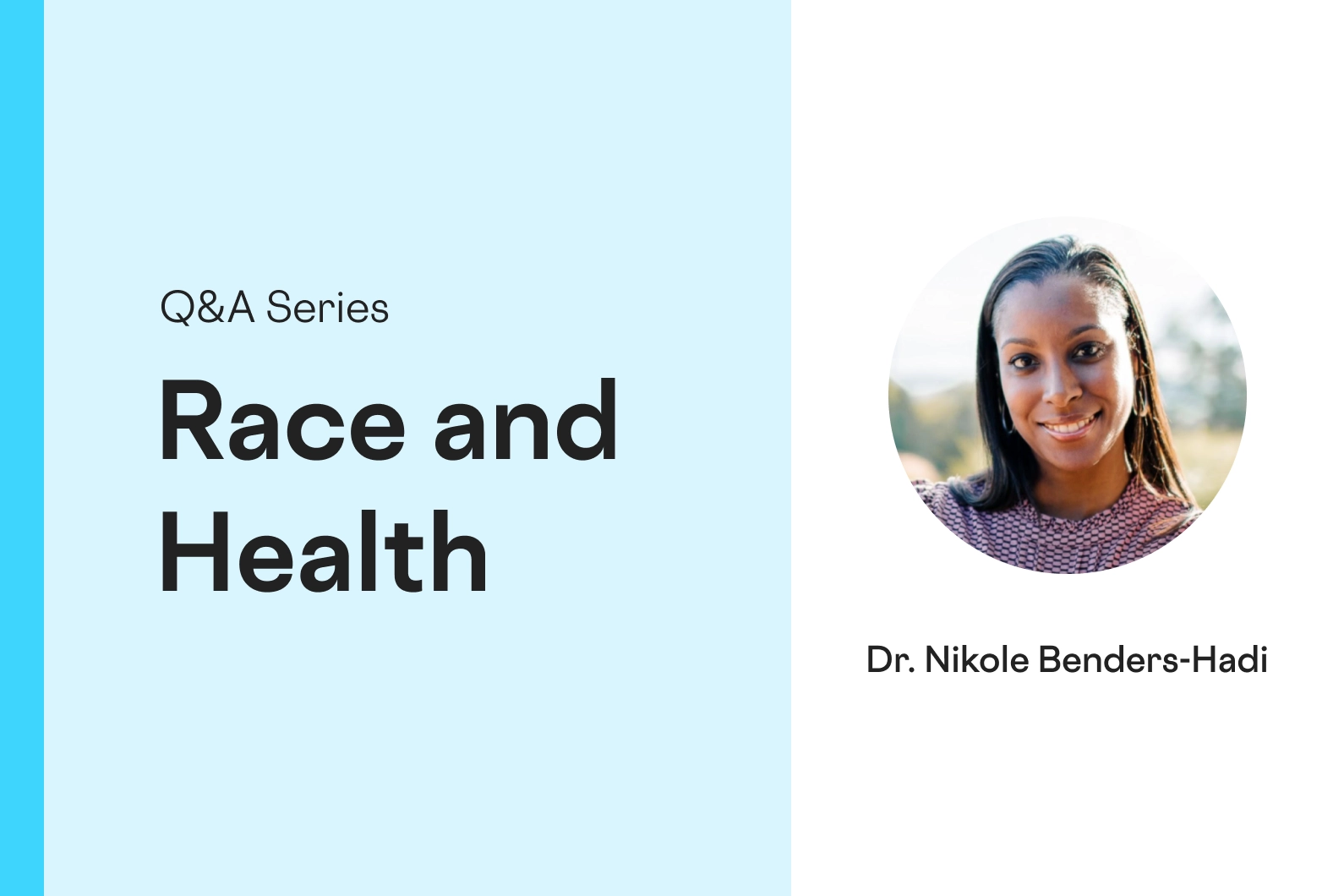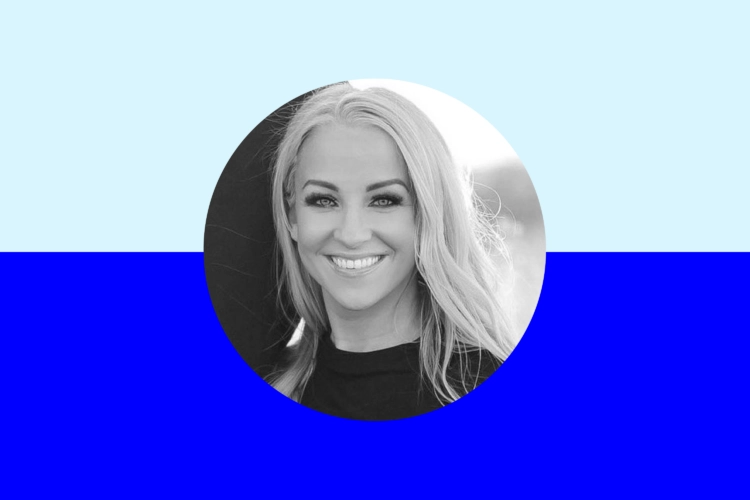Long-standing health disparities for the Black community are well known and documented. A number of factors contribute to these health disparities, but one problem has been a lack of diversity among physicians. While 13% of the American population is Black or African American,https://www.census.gov/quickfacts/fact/table/US/PST045221 only 5% of providers across the U.S. identify as such.https://www.aamc.org/data-reports/workforce/interactive-data/figure-18-percentage-all-active-physicians-race/ethnicity-2018 Research has found that physicians of color are more likely to treat minority patients and it has been argued that sharing a racial or cultural background with one’s doctor helps promote communication and trust.https://hbr.org/2018/08/research-having-a-black-doctor-led-black-men-to-receive-more-effective-care
At Included Health we believe that healthcare leaders, along with employers and health plans, must insist on a deeper bench of care professionals with the cultural competence necessary to build trust with Black patients and deliver high-quality, affirming care. Equity in care should be the standard of care.
In celebration of Black History Month we are amplifying the voices of Black clinicians at Included Health—making space for them to share their point of view on the state of disparities in healthcare. Continue reading to learn more about Dr. Benders-Hadi, and her experiences as a Black clinician in our Q&A series.

Nikole Benders-Hadi, MD
Medical Director of Behavioral Health
Question: Can you share with us a memorable experience you’ve had with the healthcare system — good or bad?
Answer: I think it is first useful to acknowledge that both the negative and positive experiences I have had have been memorable and taught me important lessons. One negative experience was having a patient ask to see another doctor during my residency program, then when a White colleague took over she informed that physician that it was because she did not want a Black doctor. A positive experience was in the wake of George Floyd’s murder, when a Black female patient said she had spent months been looking for a Black female psychiatrist, just in order to help her process her feelings with a clinician who could relate to her perspective. Both the negative and the positive experiences have shaped the values I hold dear as a physician, including my commitment to eliminating healthcare disparities.
Q: How have you seen prejudice, discrimination, or social determinants of health (which disproportionately impact communities of color) affect the physical or mental health of Black patients?
A: Black patients unfortunately are more likely to not seek mental healthcare when they need it due to stigma and lack of available resources. Delays in care can lead to more severe symptoms of mental health conditions such as depression and anxiety, which in turn have a greater impact on daily functioning and overall socioeconomic status.
Q: What is one thing that non-Black providers should strive for to serve Black patients better?
A: Listen closely to what patients are saying and be proactive in identifying unconscious biases that may be informing your treatment recommendations.
Q: Why do you believe that having a diverse choice of healthcare providers makes patients feel more comfortable?
A: It is important for patients to find healthcare providers they can identify and connect with. Someone who looks like them and speaks their language can make a big difference in care delivery. Diverse providers lead to improved cultural competency across the entire healthcare practice and gives patients increased confidence and trust in discussing their health concerns during visits.
Q: Inspired by George Floyd and the events of 2020, Included Health offered a program for providers called You Matter. Our work is centered around sensitizing our providers to avoid bias and judging people by their background, including race, ethnicity, gender, and sexual orientation. What importance do you place in programs like this for providers?
A: It is important for providers to have dedicated time to learn about, understand and reflect on implicit biases given the negative outcomes they can lead to for our patients. Providers must acknowledge and be aware of the underlying mistrust that BIPOC populations have for the medical system as a whole. Providers also need to engage in active listening in order to build trust and understand where hesitancy stems from, something that has been especially highlighted during the pandemic with regards to COVID-19 vaccine adoption.
Q: What’s one piece of advice you would give to Black patients seeking mental or physical care?
A: First, don’t assume you can’t find the right doctor for you. The expansion of cultural competency training has helped to improve several of these barriers to care. Within virtual care practices such as Included Health, you can also find photos and bios of clinicians readily available in order to understand what approaches to care clinicians value.
And second, if you have a negative experience at a provider, you should say something or file a complaint, do not let it slide. Development of resources like directories of providers able to provide culturally competent care can also help create more positive healthcare experiences for patients which will help to improve healthcare disparities across the larger population as a whole.
About the author

Dr. Nikole Benders-Hadi
Dr. Nikole Benders-Hadi is a board-certified adult psychiatrist who passionately believes access to mental health treatment should be available to everyone. She completed her undergraduate education at Johns Hopkins University, followed by medical school and residency training at New York University School of Medicine. She then completed a fellowship in Public Psychiatry at Columbia University. She has also done research on women’s mental health issues. Her approach to treatment is patient-centered and recovery-focused, dedicated to reducing mental health stigma and providing treatments that help patients maintain the quality of life they deserve.



